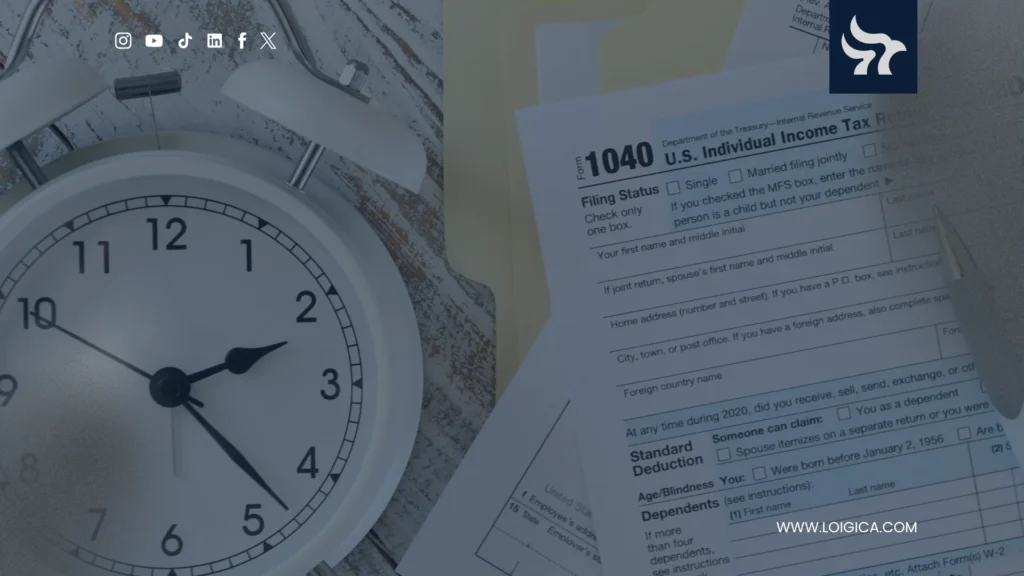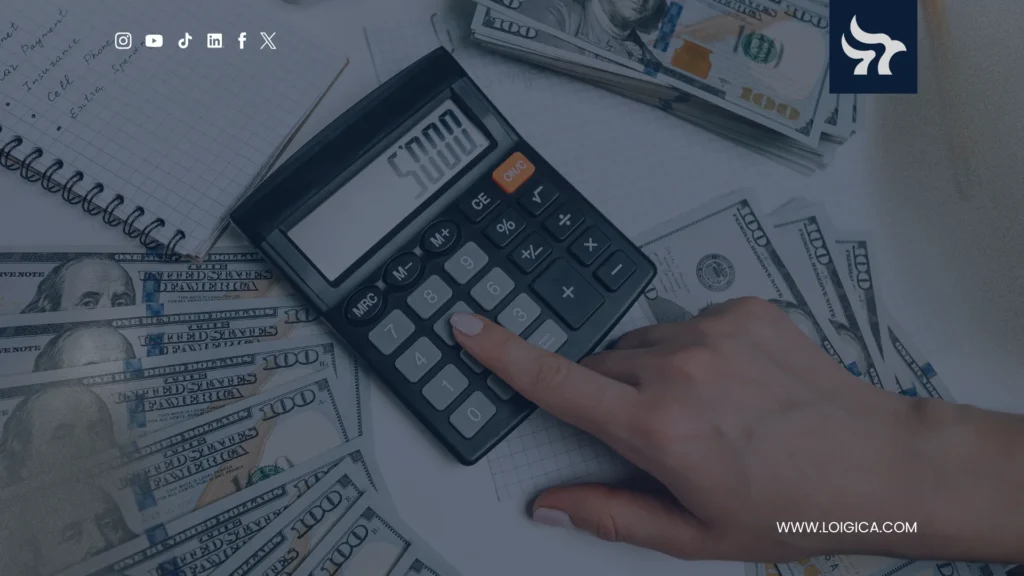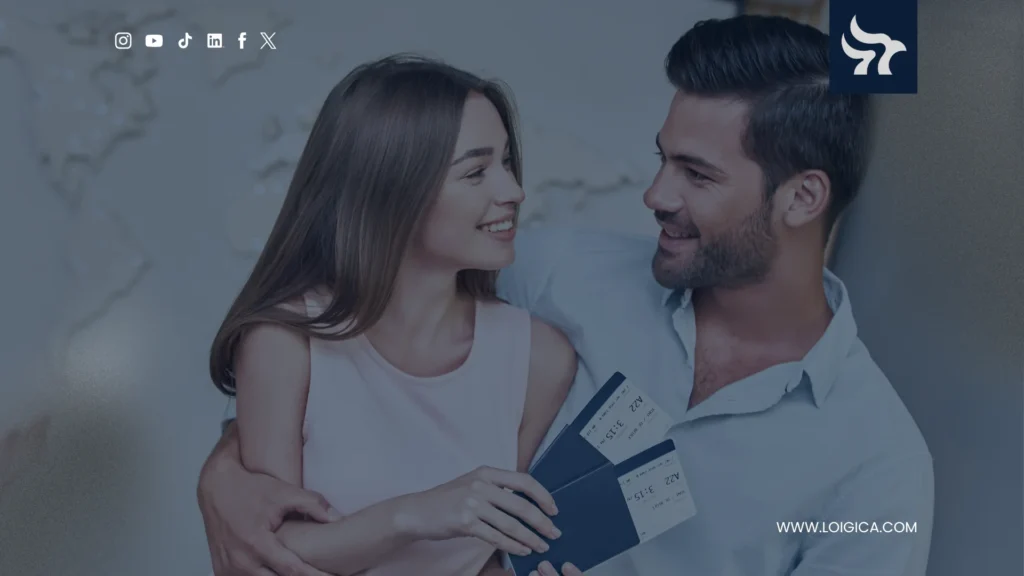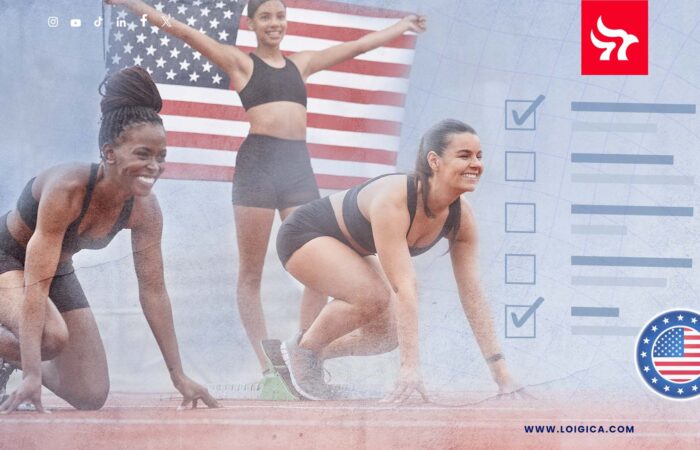Get the latest information
Suscribe to our newsletter and receive on your inbox every Monday everything you need to know on US Immigration
Question #1
What visa do I need to compete in the United States?
If you want to compete in the United States, the visa you’ll need depends on what kind of athlete you are, what kind of event you’re competing in, and how long you plan to stay.
If you're a pro or a top-level amateur who gets paid or could get paid, and you're coming to the U.S. just for a specific competition or short tour, the P-1A visa is likely the right choice. This visa is for athletes who are recognized internationally. Teams can also use it. The event or competition must have a clear reputation or rank in the sport. You’ll need a U.S. sponsor—like a team, league, or event organizer—to file a petition for you.
If you’re coming as part of a culturally unique team or group, or your trip is more about performing than competing, that’s a different story, and a P-3 visa might fit better. But for most sports competitions, the P-1A is the one you want to look at first.
If the event is truly amateur—like a high school tournament or a college event—and you're not getting paid, then a B-1 visa (visitor for business) might be enough. But this one’s tricky. You can’t receive pay other than expenses. It must be a short-term stay, and there must be no prize money or only token prizes.
One more option, though rarely used for athletes, is the O-1 visa. That one’s for people with “extraordinary ability” in their field. Think Olympic gold medalists or world champs. It’s harder to get, but it allows more flexibility and a longer stay.
To figure out which visa fits you best, ask yourself:
- Am I being paid or reimbursed beyond basic travel costs?
- Am I part of a pro team, or is this a major event?
- Do I have a U.S.-based sponsor or organizer backing me?
Once you know the answers, you can look up more about the visa that fits and how to apply. A good immigration lawyer can also help you sort it out.
Question #2
Can I enter on a tourist visa (B-1/B-2) or ESTA to compete?
You can enter the U.S. on a B-1 visa or ESTA in some cases to compete, but only if you meet very narrow rules. It mostly depends on whether the event is amateur and if you’re getting paid.
If you’re an amateur athlete—say, a runner, swimmer, or martial artist—coming to take part in a non-professional competition like a youth tournament, charity event, or amateur world championship, then the B-1 visa or ESTA might work. But there are limits:
- You can’t get paid. You can receive money to cover basic travel costs—like flights, meals, and hotel—but no salary, prize money, or appearance fees.
- The event must be amateur in nature. If it’s organized by a pro league or if pros are taking part, that might raise a red flag—even if you don’t get paid.
- You must not stay long or work otherwise. The B-1/B-2 or ESTA is meant for short trips. You’re not allowed to coach, train others, or join a team on contract.
If you enter through ESTA, which is the visa waiver program for certain countries, the same rules apply. It’s faster and easier, but you still must meet the same limits.
In short, yes, you can enter on a B-1 visa or ESTA to compete—but only if it’s an unpaid amateur event and your stay is short. If there’s any pay involved, or if you’re a pro or semi-pro, you’ll likely need a P-1A visa instead. Always check the details for the event and be honest at the border. If the officers think you're here to earn money or work, they can turn you away.
Question #3
Can I train in the U.S. before my competition?
Yes, you can train in the U.S. before your competition—but only if your visa allows it. The rules depend on which visa or entry type you use.
If you enter the U.S. with a P-1A visa, you’re in the clear. This visa is built for athletes. You can train, compete, and even get paid while you're here. You can arrive ahead of time to prepare for your event. Just make sure the petition your sponsor filed includes your training period. That way, your early arrival is covered.
If you come on a B-1 visa or ESTA, things get tighter. You’re only allowed to train in a limited way. You can prepare for a specific event if you're an amateur, but only if:
- You are not being paid beyond expenses.
- Your training is short and tied to a clearly defined event.
- You’re not joining a pro team, enrolling in a training program, or coaching others.
If you try to stay for weeks or months just to train, that’s not what a tourist or business visa is meant for. Border officers could deny entry if they think your plans look more like work or long-term activity.
Also, if your training involves a U.S. facility, school, or team, make sure you’re not breaking any rules about payment or enrollment. Even unpaid training can cross the line if it looks like you’re working or gaining something of value.
So yes—you can train in the U.S. before your competition. But the kind of visa you have sets the rules. If training is a big part of your trip, or if you need weeks or months to prepare, the P-1A visa is the safer path.
Question #4
Can my coach, family, or support staff come with me?
Yes, your coach, family, and support staff can come with you to the United States—but they each need the right kind of visa to do so. Their options depend on your own visa type.
If you enter on a P-1A visa, then your coach, trainers, medical staff, or other essential team members can apply for a P-1S visa. That’s the support visa tied to your status. The U.S. government gives P-1S visas to people who are vital to an athlete’s or team’s performance. That includes physical therapists, nutritionists, or even logistics staff—if they can show that their role is needed for you to compete. The team or sponsor usually includes them in the same petition or files a separate one.
For family, it’s different. The P-1A visa does not come with a dependent visa. Your spouse, kids, or relatives can’t get a special P visa just because they’re related to you. But they can still visit—usually on a B-2 tourist visa or under ESTA, if they’re from a visa waiver country. That allows them to travel with you, watch you compete, and spend time in the U.S. They just can’t work or go to school long-term while here.
If you’re coming on a B-1 or ESTA, your coach or support team usually can’t come in a work role. They’d have to apply on their own terms, and they can’t be paid for working while on a visitor visa. In most cases, that makes it hard for support staff to come unless it’s a short, unpaid visit. Family members can still come under B-2 or ESTA.
In short:
- Coaches and staff can come under P-1S, if you’re on a P-1A.
- Family can visit on B-2 or ESTA, but not on a “dependent” visa.
- For tourist visas (B-1/B-2 or ESTA), everyone must follow strict limits: no work, no long stays, no pay.
Plan ahead so everyone on your team—or in your family—has the right visa before you travel.
Question #5
Can I stay in the U.S. after my competition ends?
You can stay in the U.S. after your competition ends—but only for a short while, and only if your visa allows it.
If you’re here on a P-1A visa, you’re allowed to stay for the length of your approved petition. That petition usually covers the time needed to compete and train, plus a little extra time before and after. U.S. immigration rules often give up to 10 extra days at the end of your stay, but here’s the key: you can’t work or train during those 10 days. They’re just for rest, travel, or getting ready to leave. Once your petition period ends, you have to go.
If you want to stay longer—to compete in another event, or to keep training—you’ll need to file an extension or apply for a new visa. That has to be done before your current stay expires. Your sponsor (team, club, or event organizer) would usually file the request.
If you’re in the U.S. on a B-1 visa or ESTA, your time is even more limited. A B-1 lets you stay up to six months at most. ESTA allows 90 days total. But just because you can stay that long doesn’t mean you should if your competition ends earlier. Border officials might question your travel plans next time if they think you stayed without a real reason. Plus, you can’t train, compete, or do any paid work after the event ends.
So yes—you can stay a little while after your event. Just know your limit, don’t overstay, and don’t try to change the reason for your visit without applying for a new status. Overstaying even by a few days can hurt your chances of coming back.

Harry Tapias
CEO and co-founder at LOIGICA. Provides strategic immigration guidance for businesses and individuals, drawing on finance, marketing, and legal expertise from DePaul University and Nova Southeastern University. Specializes in H-1B, L-1, and PERM Labor Certification. Recognized for an empathetic and innovative approach, he has earned appointments to the boards of Vizcaya Museum and Gardens and the Miami-Dade County History Preservation Board.
This blog was written with asistance of generative AI. It is provided for informational purposes only. It does not constitute legal advice. The information presented here is based on general principles of U. S. immigration laws, as well as general information available for public search on public matters, as of the date of publication. Immigration laws and regulations are subject to change and individual circumstances may vary. If you need expert counceling on immigration matters, contact one of our attorneys.

Tax Season 2026: Key Dates, IRS Filing Updates, and What Business Owners Must Know

How to Avoid Piercing the Corporate Veil: Proper Assets Separation



